How will technology change the NHS?
Technology has dramatically changed the way we live. What impact has technology had on health and care and what will the future look like?
In this article, we’ll look at some of the technologies most likely to change health and care over the next few years. Some of these are on the horizon, and others are already in our pockets, local surgeries and hospitals.
The smartphone

Since the popularisation of smartphones a decade ago, their popularity has rocketed. In 2008, 17% of people in the UK owned a smartphone and now over ten years later, this is 78%. Over two-thirds of people in the UK use them to access the internet but the smartphone’s potential is yet to be realised in health and care.
There are already thousands of health and wellbeing apps for smartphones but their uptake for health and care has been patchy, as is the evidence on what the impact of apps on health is too. In recent years, we have seen the creation of the NHS apps library, designed to support people to choose the right apps for their health and their conditions.
There is also a newly-launched NHS app which is designed to offer a single digital route into the NHS for the first time, for some services. The NHS long-term plan outlines ambitions for the NHS app to enable people to access their care plan and communications from health professionals by 2021. Building on this, the plan states that by 2024 patients will be entitled to online GP appointments and other primary care services.
Smartphones are highly effective for collecting data. People can track their own health status, and help researchers gather information on health conditions and their causes. Researchers are now using smartphones in long-term, large-scale studies and technology companies are also responding by supporting the use of smartphones for research.
At-home or portable diagnostics

More diagnostic devices are now available to use at home. In the past, many were too expensive or not portable enough and could only be accessed in hospital. But that’s changing.
These devices include portable x-ray machines, blood-testing kits and other technology that can provide more information required to support a person’s care. This could have big consequences for the way we set up our health care system.
There’s also smart assistive technology. Many people with disabilities or long-term conditions use devices to help them perform tasks made harder for them by their disability or their condition. These are sometimes available as part of NHS and social care packages.
This technology could also help gather new information for the benefit of patients. For example, smart inhalers could passively detect each use, location and the surrounding air quality, and provide insights into what triggers asthma attacks.
Smart or implantable drug delivery mechanisms
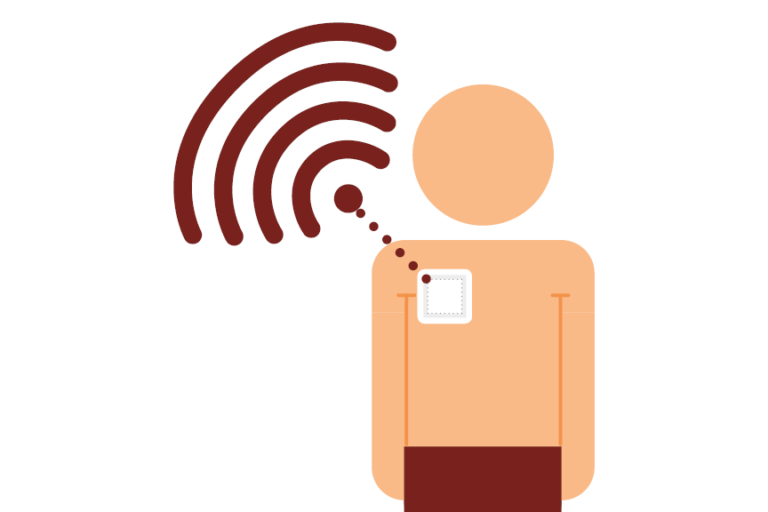
We know that between a third and a half of all medication prescribed to people with long-term conditions is not taken as recommended. Several technologies could help, either through automation or by providing better information about use.
Sensors can now be added to pills to allow patients and their doctors to monitor whether medication is being taken as recommended. Traditional medication such as pills might even be replaced in future with researchers looking at implants which could automatically release doses over a long period, potentially as long as a decade, from a single microchip. This could be life-changing for people with a long-term health condition or using contraception.
Digital therapeutics
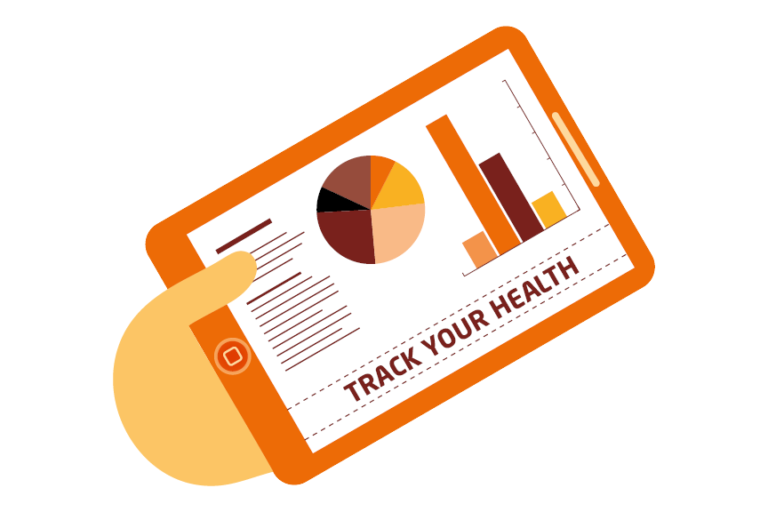
Digital therapeutics are treatments or therapies delivered through a smartphone, tablet or laptop. They often combine medical information on a health condition with advice for dealing with it. Many of these digital therapy platforms include a way for people to connect with others and share their experience, or to connect with health professionals. Digital therapeutics have the potential to help people manage long-term health conditions that require a change in their lifestyle or to prevent diseases.
One way in which this approach has been used in the NHS is for delivering support for long-term conditions. Some platforms are designed to help people manage chronic conditions through a combination of apps, online portals and communities, and devices they use at home or out and about to monitor their symptoms.
Genome sequencing
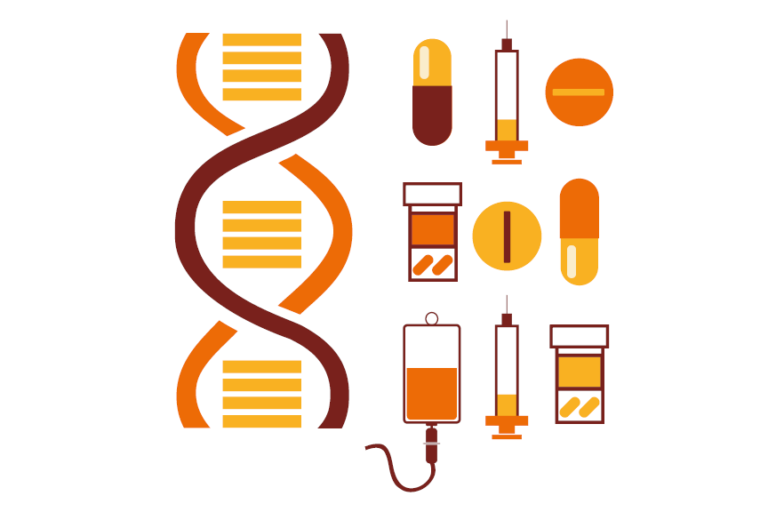
Advances in genome sequencing will give us better understanding of how diseases affect different people. With the genetic profile of a person’s disease and how they respond to treatment, it might be possible to find out how effective different medical interventions are. This is proving harder than was first thought although genome sequencing does still offer opportunities for the future of health care.
Major projects are under way internationally to gather large databases of genomes and analyse them to find relationships between genetic make-up, people’s disease risk and experience, their physical characteristics and their behaviour. In autumn 2018, the government announced the establishment of the NHS Genomic Medicine Service and has set out an ambition to sequence five million genomes over the next five years in order to provide more personalised medicine and faster diagnosis.
Machine learning
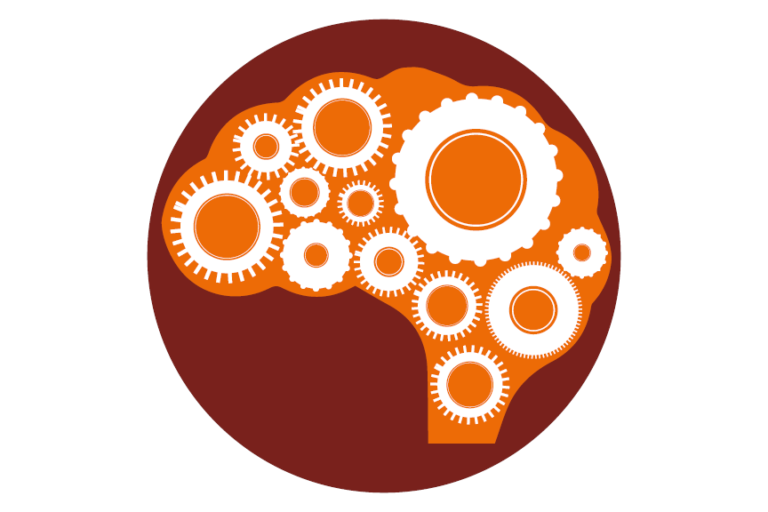
New techniques that use computers to complete tasks like image recognition and predicting illness from big, messy datasets have shown promise recently. Machine learning is a type of artificial intelligence that enables computers to learn to complete these tasks without being explicitly programmed.
Several businesses and health providers have partnered to apply these techniques to healthcare datasets and develop digital systems for diagnostic support and to spot signs of disease in images or to predict the risk of deterioration from a patient’s hospital data.
The connected community
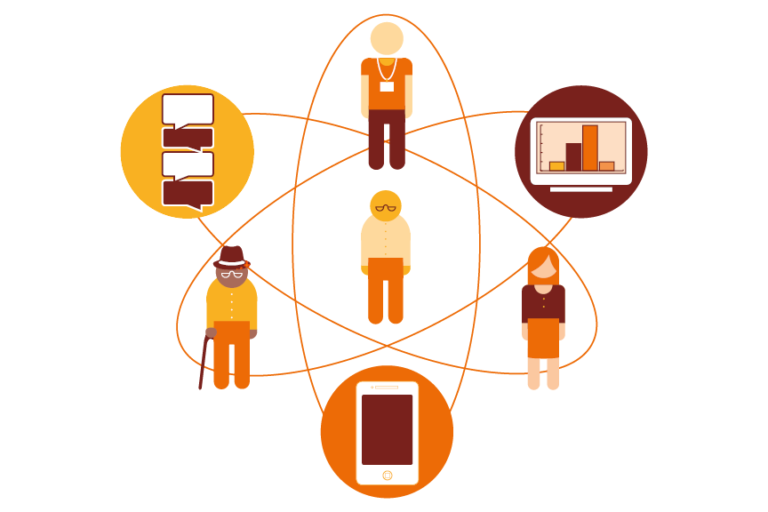
Behind all technologies, there are people. The internet has enabled many communities to develop, bringing people together around a common interest, shared identity or social movement. Connected communities for health are growing. These communities support each other, share learning and can even provide a platform for tracking health data or helping people manage their conditions.
Alongside dedicated health networks, platforms such as Twitter and Facebook have also become key places for health professionals to share health and care information and best practice.
Some online communities are already contributing to research about their health conditions, offering people the chance to be ‘data donors’ and providing a simple way to share their data with researchers.
This article is based on The digital revolution: eight technologies that will change health and care
New technologies could improve the accuracy of some diagnoses, change how and where care is delivered, and offer new ways to prevent, predict, detect and treat illness. Which technology development will have the biggest impact? Are there any other developments that we haven’t talked about that will have a big impact?
Share this
The NHS Explained: How the Health System in England Really Works

The NHS Explained: How the Health System in England Really Works


Reach your personal and professional goals
Unlock access to hundreds of expert online courses and degrees from top universities and educators to gain accredited qualifications and professional CV-building certificates.
Join over 18 million learners to launch, switch or build upon your career, all at your own pace, across a wide range of topic areas.
Register to receive updates
-
Create an account to receive our newsletter, course recommendations and promotions.
Register for free







